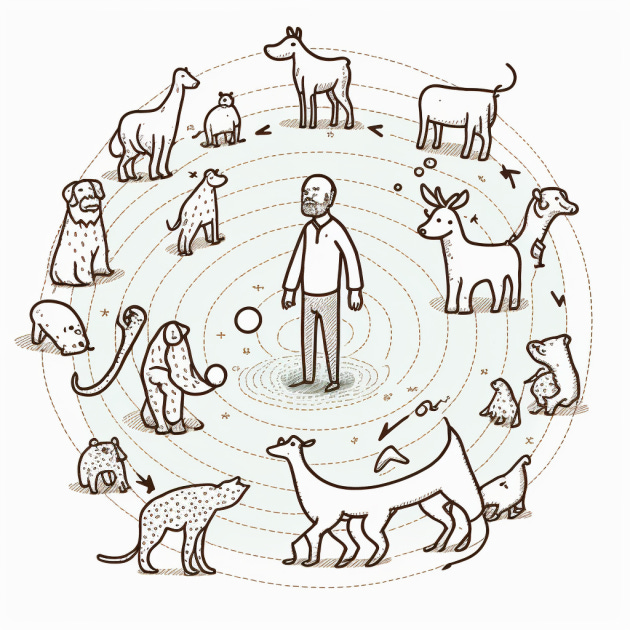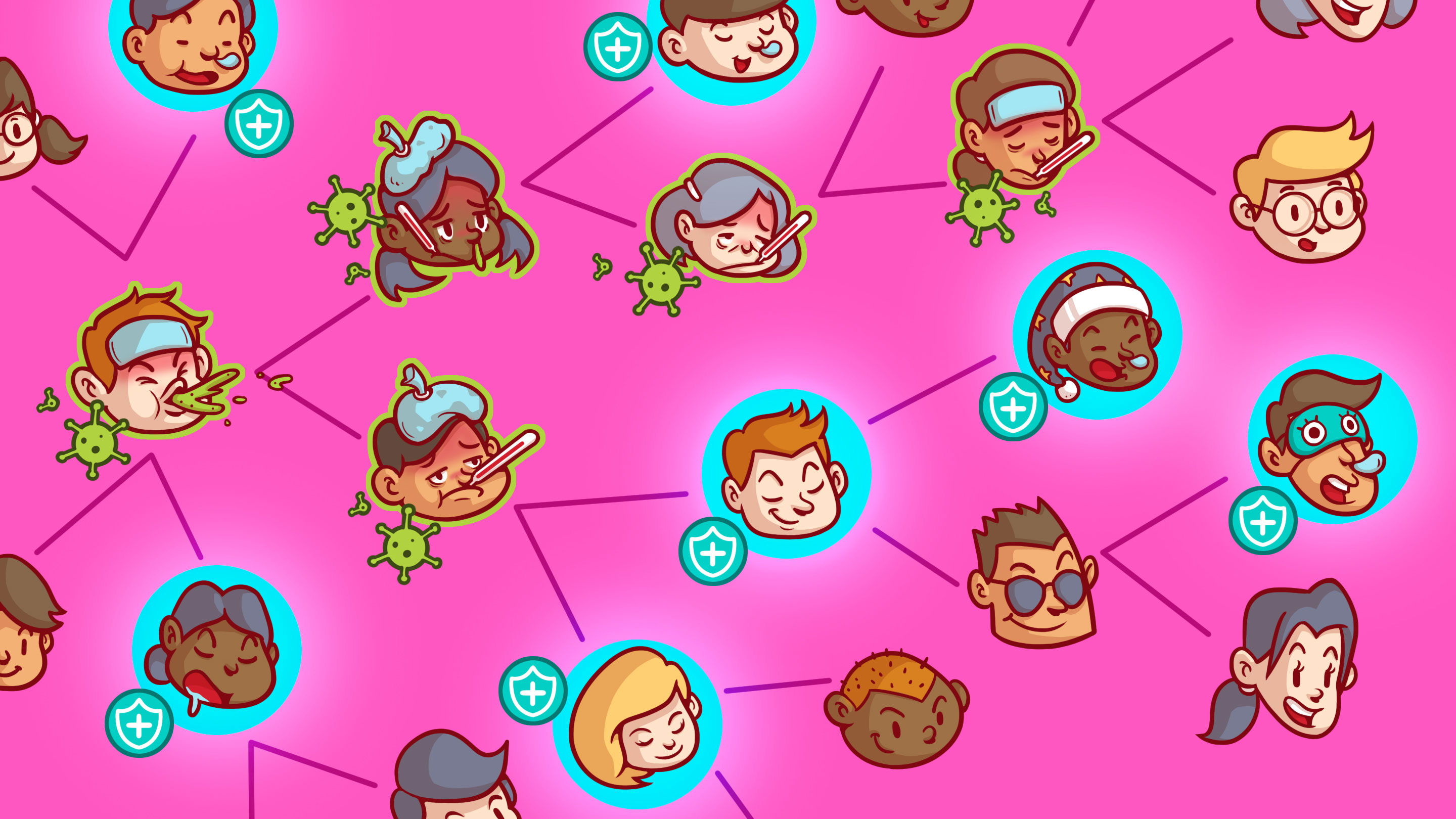Dear Readers,
As spring approaches, we bring you the sixth edition of our newsletter with exciting topics ranging from a professor’s experience of using AI in his class, an ethical dilemma about animal experimentation, and predictions made about the world in a 50 year old novel.
3 Reading Recommendations
- With the rise in AI tools, academic integrity is becoming a topic of concern as it becomes easier by the day to not just answer questions on a quiz, but reproduce high-level research as well. While critics argue against allowing the use of these tools to preserve the spirit of academia, one professor flips the coin and encourages students to use AI tools in his class leading to some interesting learnings. | My class required AI. Here's what I've learned so far.
- Contrary to fears that technology would spell doom for creators, economist Joel Waldfogel argues that digital technologies have actually created a renaissance of new cultural products that consumers love. From music to movies to books, his book, "Digital Renaissance: What Data and Economics Tell Us about the Future of Popular Culture.", explores the data and economics behind the digital renaissance and why it's good news for both consumers and creators. | An economist explains what digital technology means for the future of popular culture
- The ethics of animal experimentation in the context of modern medicine is a complex and controversial issue. This TED-Ed animation explores the ethical dilemma in light of evidence that animals possess self-awareness and the capacity to suffer, posing questions on the justification for using them in potentially life-saving research. The video delves into the inner lives of non-human animals and the moral views of philosophers throughout history on the subject. | How many monkeys is it worth sacrificing to save a human life?

1 Mathematical Concept to Ponder Upon
Schelling's model of segregation is a theoretical framework used to understand how the tendency of individuals to prefer their own group can result in highly segregated societies. Developed by economist Thomas Schelling, the model is agent-based, meaning it simulates the actions of individuals and how they interact with one another in a given environment. Notably, the model does not account for external factors that may push individuals to segregate, such as government policies or institutional discrimination, but rather examines the role of individual preferences and behaviors in the formation of segregated communities. Schelling's work suggests that even individuals with only a mild preference for their own group can, over time, lead to de facto segregation, highlighting the importance of understanding the role of individual decision-making in shaping social outcomes. | Schelling's Model of Segregation
1 Crazy Idea Picking Up Steam
There has been too much steam about AI taking jobs, but no new technology comes up without opening a new sphere of jobs. The article covers the emergence of a new job role in the field of artificial intelligence - prompt engineer. Unlike traditional coders, prompt engineers program in natural language and create and refine text prompts that coax AI systems into producing the optimal result. Proponents of the growing field argue that the early weirdness of AI chatbots is actually a failure of human imagination and that prompt engineer can solve this problem by giving machines the right advice. | Tech’s hottest new job: AI whisperer. No coding required.
1 Tech in Pop-Culture
Step into the mind of Thomas Pynchon, as he tackles the question of what sent the world reeling in his seminal novel, Gravity's Rainbow. Through his obsession with rockets, Pynchon sees the downfall of civilization in the missiles, death camps, and atomic bombs of WWII as civilization’s Brennschluss. Published 50 years ago, Gravity's Rainbow is a novel of big ideas, introducing hundreds of characters and riffing on everything from rocket science to witchcraft while feeling unnervingly like the present. | We’re All Living Under Gravity’s Rainbow




